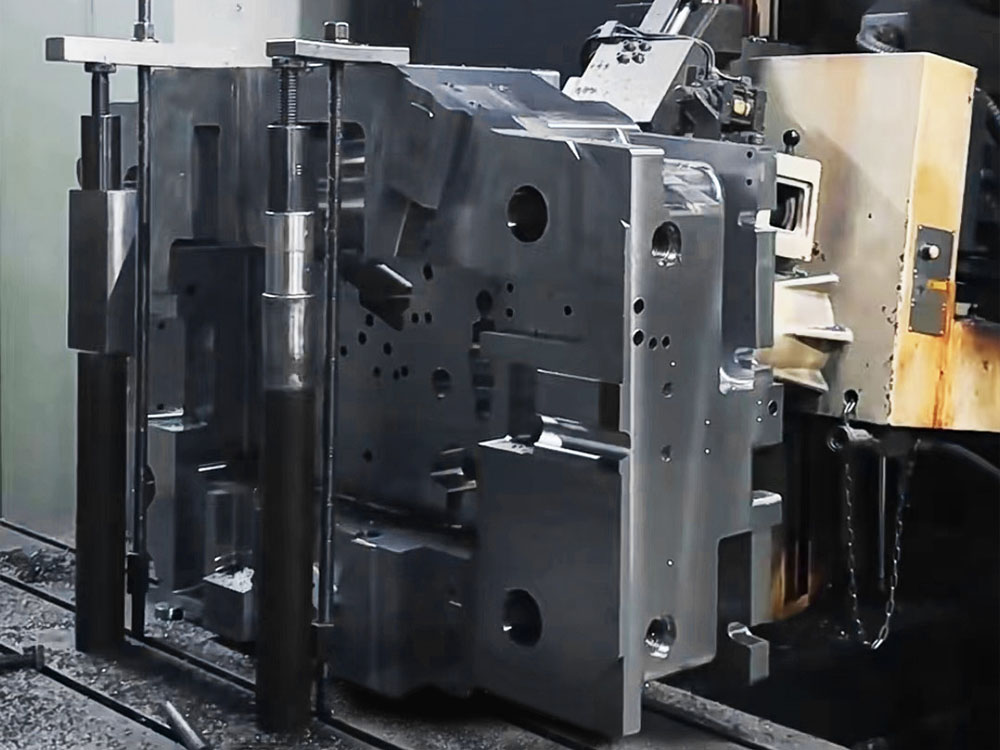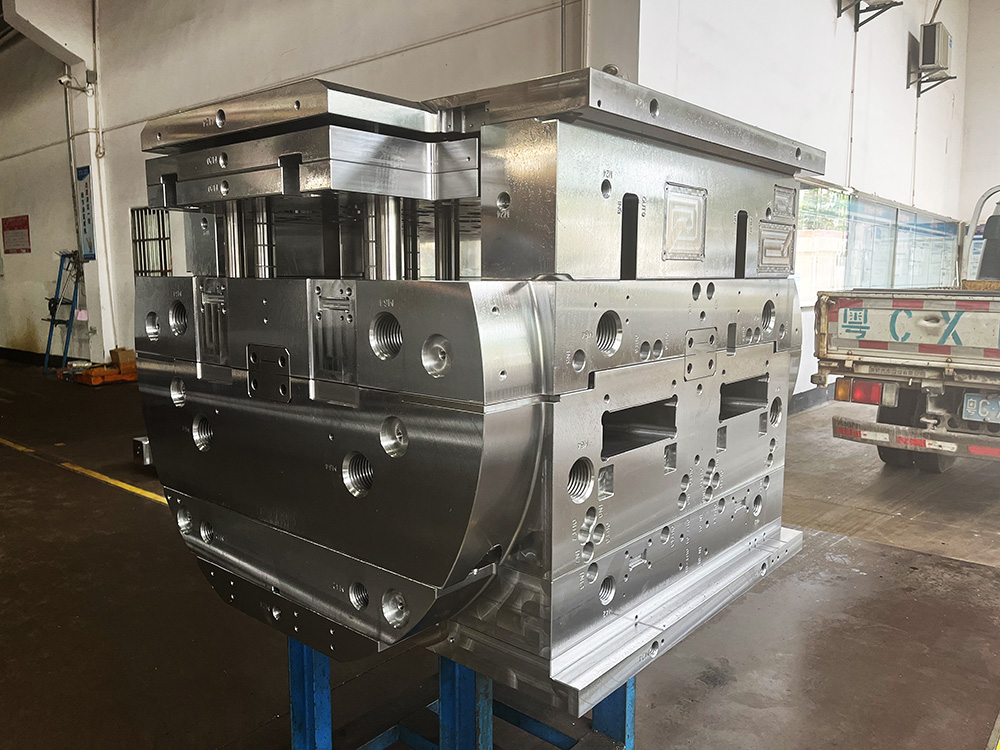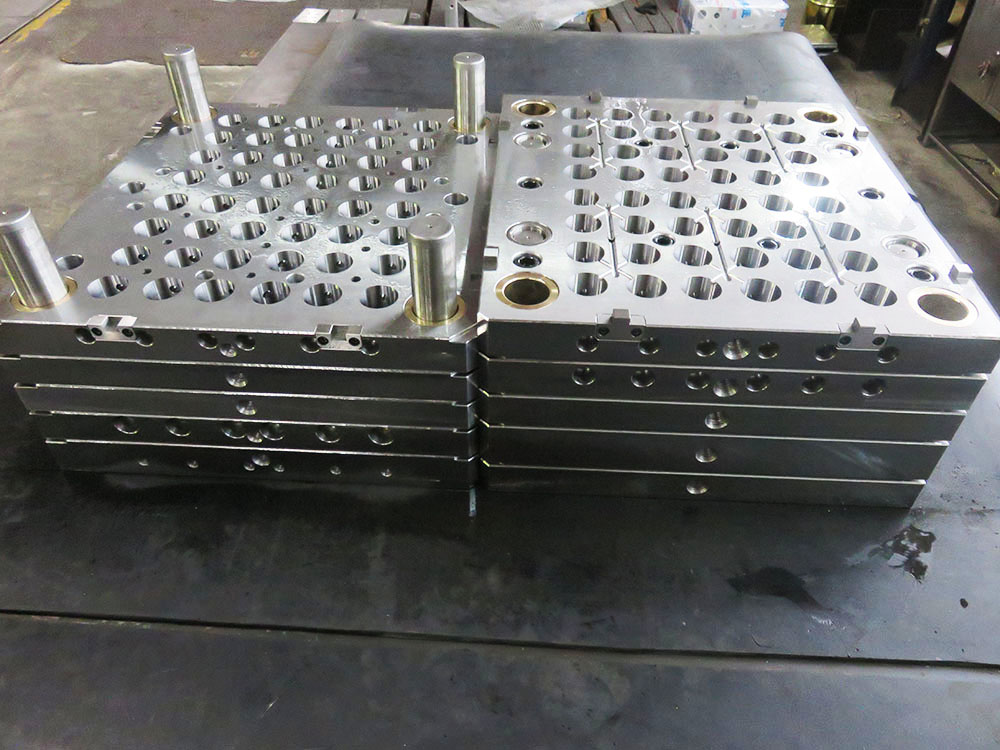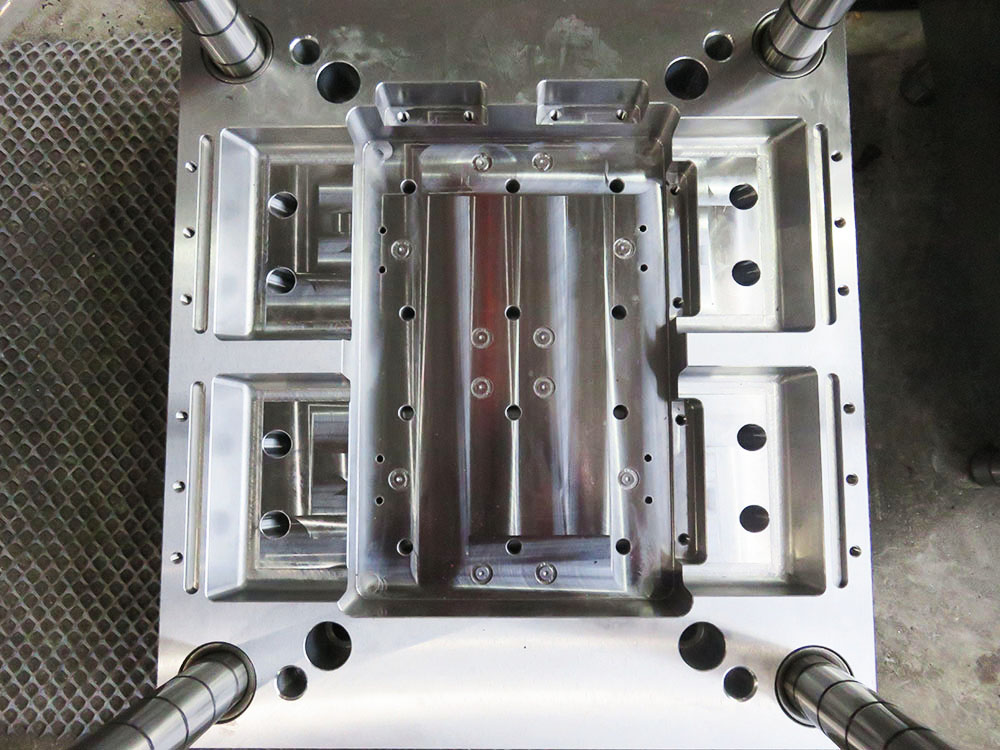Setting Up a Small-scale CNC Machining Factory: Is it Feasible?
Introduction:
CNC (Computer Numerical Control) machining has revolutionized the manufacturing industry by providing precise and efficient solutions for various industries. The demand for CNC machining services, especially in the mold base industry, has been steadily increasing. This has led many entrepreneurs to consider setting up a small-scale CNC machining factory. However, before diving into such a venture, it is crucial to assess the feasibility of establishing and running a successful business in this highly competitive industry.Market Analysis:
The first step in assessing the feasibility of establishing a small-scale CNC machining factory in the mold base industry is conducting a thorough market analysis. This analysis involves understanding the current market trends, customer demands, and the competitive landscape.
Customer demands: The mold base industry caters to various sectors, including automotive, aerospace, and consumer electronics. Analyzing customer demands can help determine the potential demand for CNC machining services in the mold base industry.
Competitive landscape: Assessing the competition is essential to understanding the challenges, identifying the gaps in the market, and devising a unique selling proposition (USP) that differentiates the small-scale CNC machining factory from existing players.
Location and Infrastructure:
The next crucial aspect to consider is the location and infrastructure required for setting up a small-scale CNC machining factory.
Location: The location should be strategic, considering factors such as proximity to potential customers, transportation infrastructure, and availability of skilled labor.
Infrastructure: A small-scale CNC machining factory requires specialized machinery, including CNC machines, tooling equipment, and computer-aided design (CAD) software. Additionally, setting up a quality control and inspection department is vital to ensure the produced mold bases meet industry standards.
Finances and Funding:
Setting up a small-scale CNC machining factory requires a significant financial investment. It is vital to assess the required capital for purchasing machinery, infrastructure setup, employee salaries, and ongoing operational expenses.
Funding options: Entrepreneurs can explore various funding options, such as bank loans, venture capital, or partnerships. Conducting a detailed financial analysis, including projected revenue and profitability, is essential to attract potential investors.
Skilled Workforce:
In the CNC machining industry, skilled labor plays a crucial role in the success of the business. Hiring and retaining a highly skilled and experienced team is vital to ensure efficient operation and quality output.
Recruitment: Establishing a robust recruitment process that identifies and selects competent machinists, programmers, and quality control personnel is essential. Conducting interviews, skill tests, and checking references can help evaluate the potential candidates.
Training and development: Continuous training and development programs should be implemented to upskill the workforce, ensuring they are updated with the latest machining techniques and industry trends.
Marketing and Promotion:
Once the small-scale CNC machining factory is set up, effective marketing and promotion strategies are crucial to gain market visibility and attract customers.
Digital presence: Creating a professional website, showcasing the factory's capabilities, certifications, and portfolio can help establish credibility and attract potential customers.
Networking: Participating in trade shows, industry events, and building relationships with potential customers and suppliers can help in acquiring new business opportunities.
Referrals: Encouraging satisfied customers to provide referrals can be an effective way to generate high-quality leads and expand the customer base.
Conclusion:
Setting up a small-scale CNC machining factory in the mold base industry can be a feasible and lucrative venture if approached with careful planning and consideration of the various aspects discussed above. Conducting a comprehensive market analysis, selecting an appropriate location, securing adequate funding, building a skilled workforce, and implementing effective marketing strategies are key factors that can contribute to the success of the business. It is essential to continuously monitor and adapt to industry trends and customer demands to stay competitive in this ever-evolving industry.




